Video Resource: Managing Trauma Reactions
Do you ever experience a strong reaction to something and you wonder where those feelings came from? These strong feelings are often connected to past trauma.
Understanding how trauma affects the brain can help you learn to manage your responses in a healthy way after a traumatic event occurs.
What is trauma?
Trauma is the response to a deeply distressing or disturbing event that overwhelms an individual's ability to cope, causes feelings of helplessness, diminishes their sense of self and their ability to feel the full range of emotions and experiences.
What are common symptoms of trauma?
Anger
Persistent feelings of sadness and despair
Flashbacks
Unpredictable emotions
Physical symptoms, such as nausea and headaches
Intense feelings of guilt, as if they are somehow responsible for the event
An altered sense of shame
Feelings of isolation and hopelessness
What can I do to cope with trauma?
In the following video, Intervention Services clinician, Aspen Webster, LMSW, defines trauma, explains how the brain reacts to trauma, and offers practical tips you can use today to help soothe and calm yourself, your child, or (for teachers) your students. She explains and gives several practical examples of ways to cope, focusing on:
physical needs
movement
deep breathing
using your hands
connection
Learning to manage trauma reactions is a great step toward reducing strong negative reactions that get in the way of living your best life.
This is the first video in our new series on Grief and Trauma. Stay tuned for more helpful resources on how to understand and cope with trauma.
For more help on managing your own trauma or to get scheduled with a therapist for individual therapy, visit our therapy services page or contact us today to schedule an appointment.


